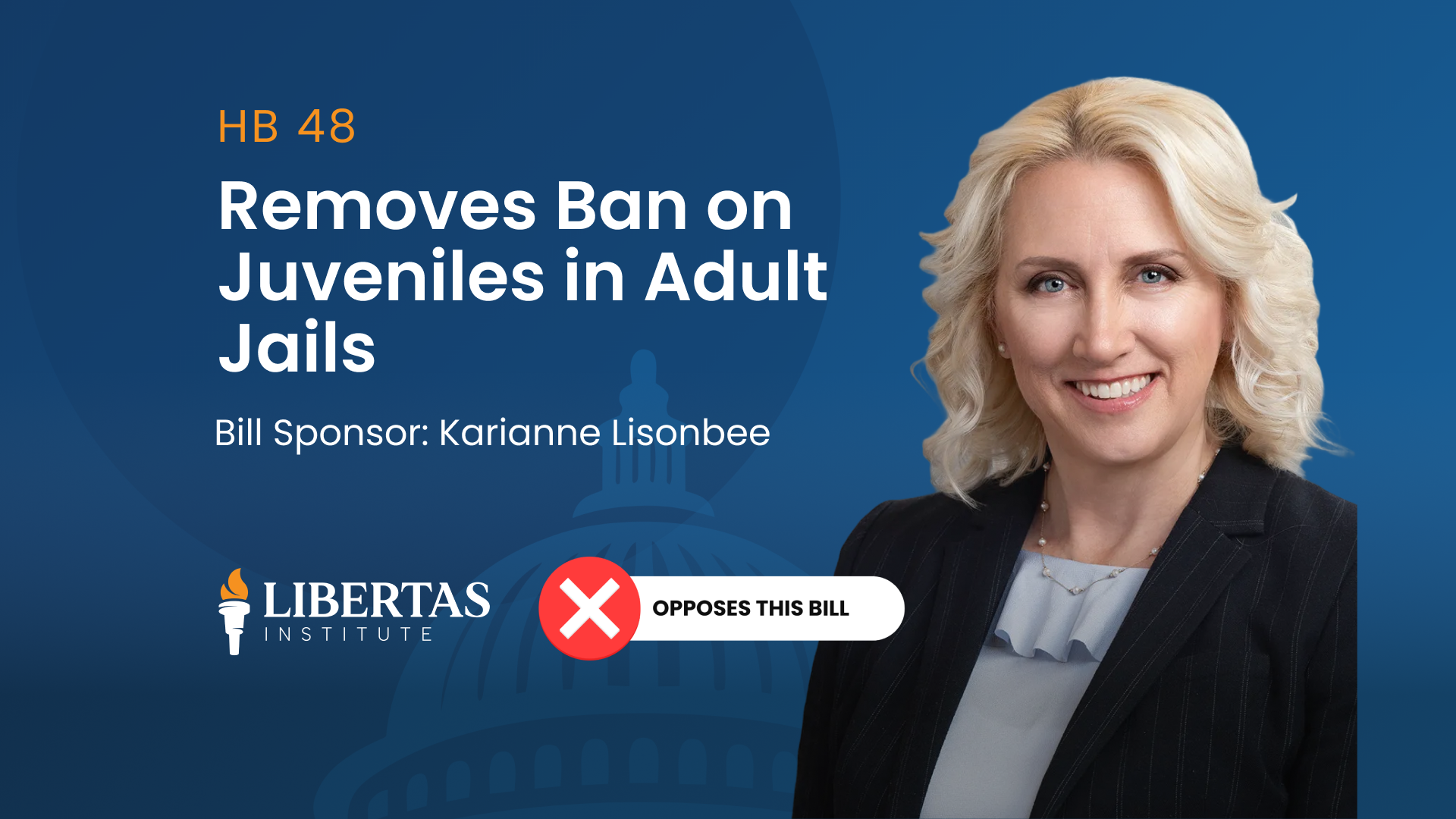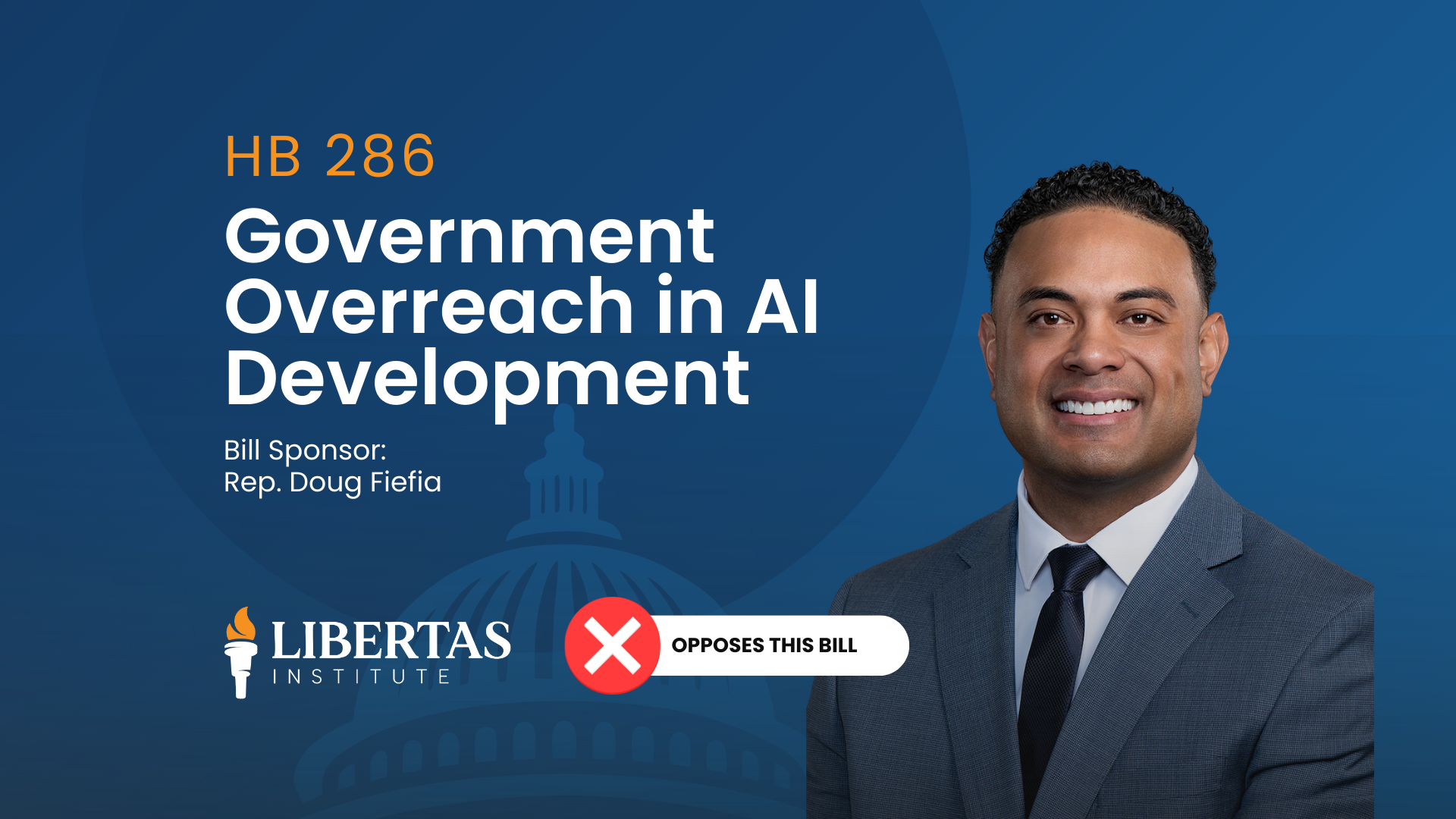To track the status of this bill, find it on our Legislation Tracker. Click here to contact the sponsor of the bill to share your thoughts, or click here to email your Senator and Representative about it.
Libertas Institute supports this bill
Like every other state in the nation, Utah has a governmental immunity law on its books making it difficult for individuals to sue government entities and workers in civil state court. Lawsuits are an important mechanism for the people to hold their government accountable in instances of wrongdoing, especially when a criminal act occurs but prosecutors refuse to press charges. Governmental immunity exists in part to prevent frivolous lawsuits that are extremely costly to taxpayers, thus making it difficult for accountability to ever occur. But there are circumstances where lawsuits can prevail, and the law dictates when and how this can happen — unfortunately, it’s not always good.
In 2017, Utah had the highest jail death rate per capita in the United States. And some of these deaths were preventable. This sparked legislation in 2018 to require incarceration facilities to be more transparent about deaths that occur under their watch. And while that was a step in the right direction, more is needed for communities to be able to confident in their local jails being a place of incarceration, not death.
Current law gives immunity to jail employees “for any injury caused by a negligent act or omission of an employee” if the injury “arises out of or in connection with” an incarcerated person. This language is extremely broad and does not allow much room for accountability if a jail employee had a part in an incarcerated person’s death.
This year, Representative Carol Spackman Moss is sponsoring House Bill 269 to address the immunity aspect of this jail death problem. Her bill would waive immunity from a lawsuit for claims made for the death of incarcerated individuals if the death is the result of reckless behavior. This would mean that jail or prison employees to who this applies wouldn’t be legally shielded by immunity in these cases, allowing families of the deceased to hold them accountable for wrongdoing.




